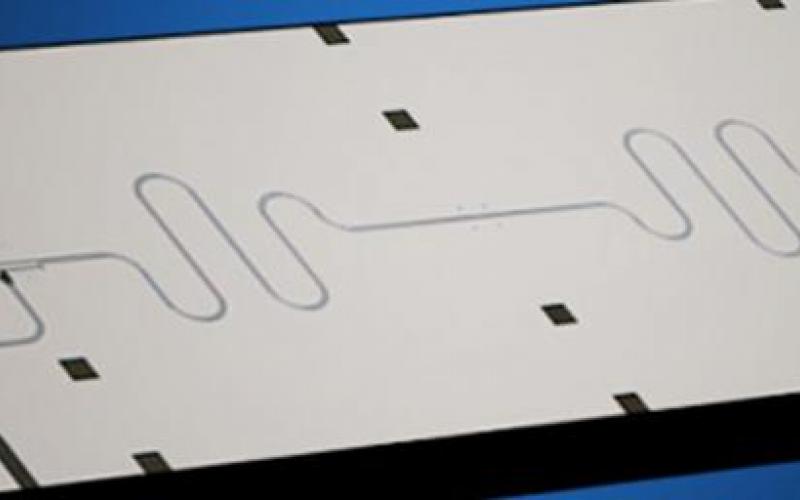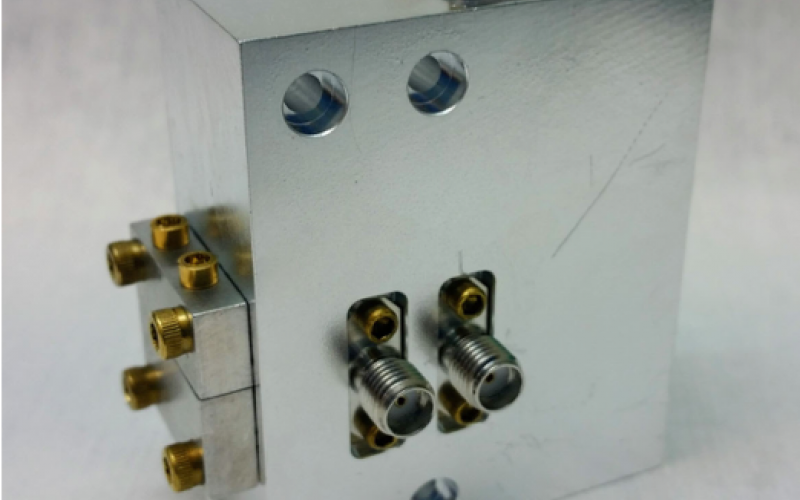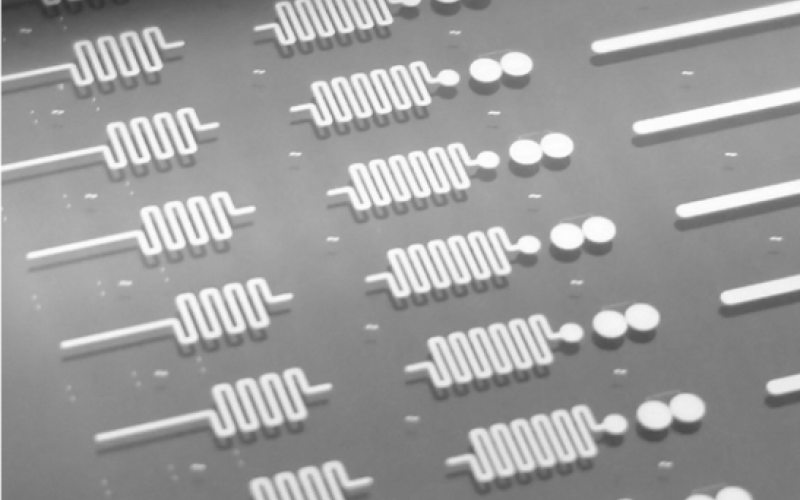Faculty in this Research Area
- Michel Devoret (Faculty website, Group website)
- Aleksander Kubica (Faculty website)
- Daniel Prober (Faculty website, Group website)
- Shruti Puri (Faculty website)
- Peter Rakich (Faculty website, Group website)
- Nicholas Read (Faculty website)
- Rob Schoelkopf (Faculty website, Group website)
- John Sous (Faculty website)
- Douglas Stone (Faculty website, Group website)
- Logan Wright (Faculty website, Group website)
Yale Quantum Institute (YQI)
The Yale Quantum Institute was founded to enhance Yale’s leadership in the field of quantum science and technology. It serves as a forum to bring together experimental and theoretical researchers at Yale in the field of quantum information physics, quantum control, quantum measurement, and quantum many-body physics.
Research
The goal of research on quantum information and devices in Applied Physics is to develop systems that employ quantum effects in order to process information, amplify signals, or detect electromagnetic radiation at or near the ultimate limits imposed by physical laws. In the last decade of the 20th century, it was theoretically predicted that by storing information in the quantum state of a physical device, and employing the bizarre and counterintuitive quantum phenomena of superposition and entanglement, it should be possible to build quantum computers that would be vastly more powerful at solving certain problems. In recent years we have experienced a fascinating convergence in “quantum physics,” with the application of concepts and techniques from atomic and optical physics to solid-state and condensed-matter physics, and vice-versa.
A particular strength at Yale is the area of superconducting and mesoscopic electronic devices. The groups of Michel Devoret and Rob Schoelkopf are developing quantum bits (“qubits”) or artificial atoms based on superconducting tunnel junctions, and employing these for experiments in quantum computation. Recent work has seen the first coupling of solid-state qubits to single photons, the development of amplifiers working at or near the Heisenberg limit of sensitivity, and the first demonstration of quantum computing algorithms in an electronic circuit. The group of Dan Prober is also employing superconducting nanodevices to make sensors which can detect and analyze single photons ranging from X-rays to millimeter-waves, aimed at applications in astrophysics, materials science, and other branches of science. New work on nanotubes and graphene exploit these quantum measurement techniques.
Facilities at Yale include a cleanroom (Yale Center for Microelectronics) and equipment for the fabrication of superconducting integrated circuits, as well as microscopy, materials analysis, and electron-beam lithography which are part of the new Yale Institute for Nanoscience and Quantum Engineering (YINQE), and extensive laboratories for low-temperature (millikelvin) measurements. Research in this area also relies on collaborations with several groups in other departments, under the NSF-funded Center for Quantum Information Physics (CQuIP), giving Yale one of the strongest and broadest efforts in the area of quantum physics in the country.


